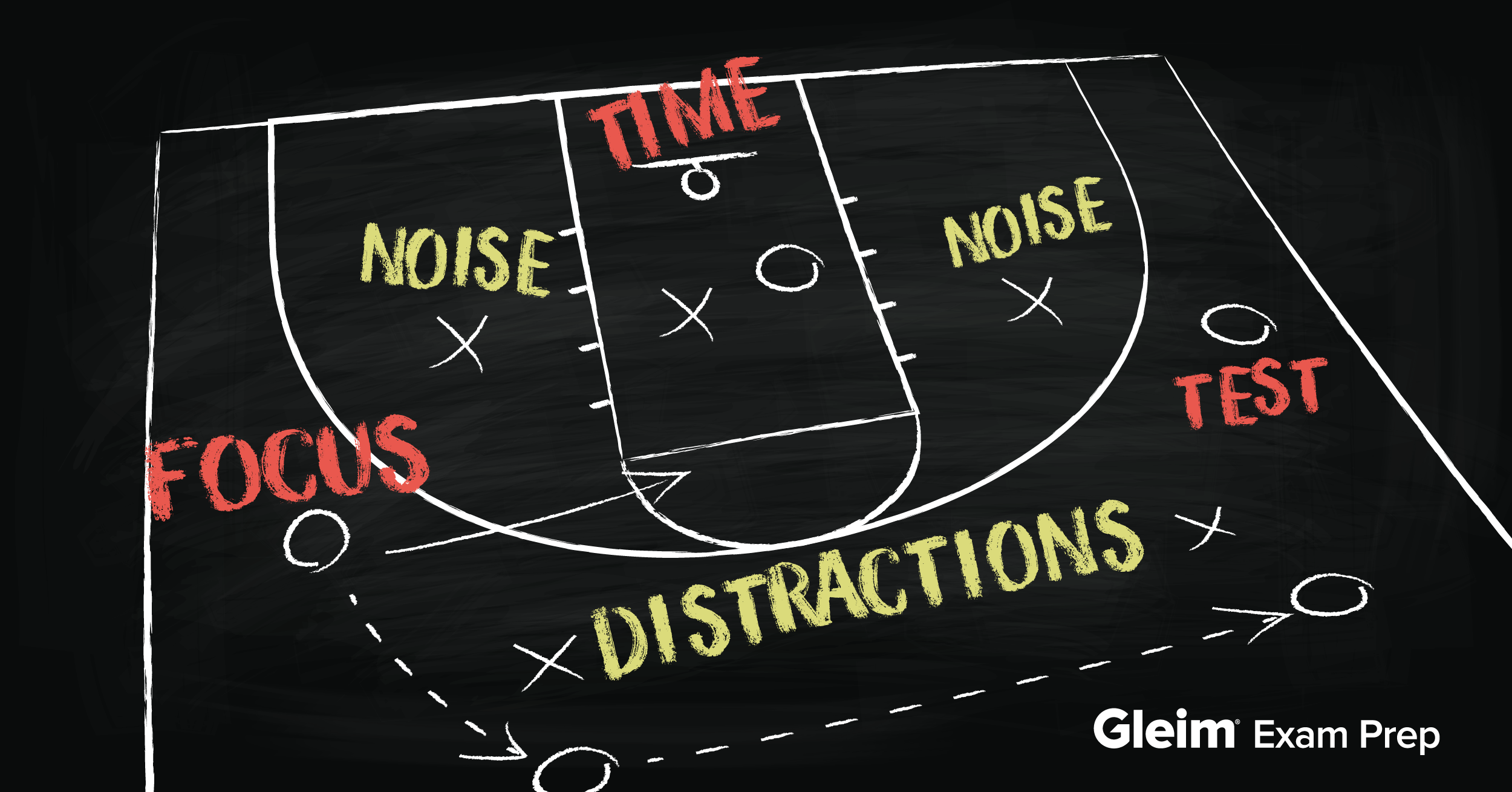Contact Us : 800.874.5346 International: +1 352.375.0772

Coaches are always telling athletes to approach practice as if it were a real game. For example, look at Caitlin Clark, the WNBA rookie sensation, who is praised not just for her game-day performance, but also for her relentless work ethic in practice. Her teammates and coaches often talk about her competitive spirit in every drill and scrimmage—she practices like it’s the championship game, every single time.
This is a habit shared by the greats, from Steph Curry perfecting his shot before every Golden State Warriors game to Patrick Mahomes running full-pace reps at Kansas City Chiefs practice. When you treat practice like the real thing, those habits pay off when it counts.
The same principle applies to professional exam preparation. How you practice with exam questions carries over directly to your “game-time” exam performance.
Think about it: professional athletes don’t prepare for the championship by casually tossing a ball around while scrolling through their phones. So why would you prepare for a career-defining exam any differently?
The way you approach your practice questions establishes neural pathways that your brain will rely on when you’re sitting in that exam room. If you’ve trained yourself to need constant stimulation or breaks while studying, you’ll struggle when those aren’t available during the actual exam.
To maximize your chance of success on any professional exam—whether it’s the CPA, CIA, CMA, or EA—you should:
When you practice under conditions that mimic the actual performance environment, you’re engaging in what scientists call “context-dependent learning.” The brain forms stronger memories when the context of learning matches the context of performance.
Additionally, every time you practice focusing for extended periods, you’re strengthening your brain’s attention networks. Just like physical exercise builds muscle, mental exercise builds cognitive endurance.
Our review systems are specifically designed with this “practice like you play” philosophy at their core. Our courses perfectly mimic each exam’s testing environment, so you can get familiar with all the tools, features, and quirks of the exam while you study. Plus, our systems require you to commit to your answer choice before viewing explanations, simulating the real exam experience. This isn’t just a feature—it’s a deliberate strategy to help you succeed.
Successful candidates develop focus and endurance needed to maintain concentration throughout a lengthy exam.
This approach works across all professional certifications:
Our review systems for each of these certifications incorporate the same proven approach: realistic practice that simulates exam conditions.
Many exam candidates unknowingly sabotage their chances by:
Here’s how to implement the “practice like you play” approach in your own exam preparation:
When exam day arrives, you’ll experience something remarkable if you’ve been practicing like you play: the test will feel familiar. While other candidates might struggle with the pressure and unfamiliar format, you’ll slip into the same focused mindset you’ve been cultivating throughout your preparation.
This isn’t just about passing an exam—it’s about developing professional habits that will serve you throughout your career. The ability to focus deeply, work methodically under pressure, and maintain attention to detail are valuable skills in any field, but especially in accounting, auditing, and financial management.
Remember those elite athletes we mentioned? Their game-day performance isn’t magic—it’s the natural result of thousands of hours of focused, intentional practice. Their championship moments were secured long before, during those practice sessions when no one was watching.
Your exam success works the same way. By approaching your review materials with the same focus and discipline you’ll need on exam day, you’re not just studying—you’re rehearsing for success.
Ready to experience the difference? Explore our specialized exam preparation systems designed to help you practice with purpose.